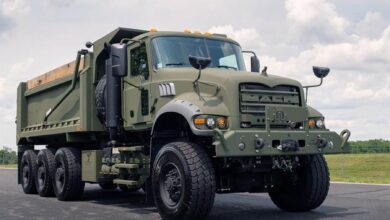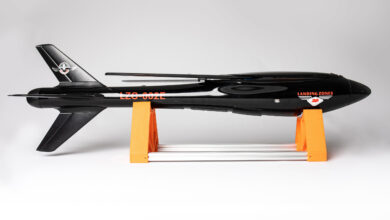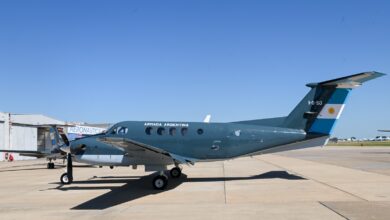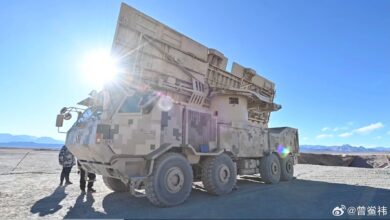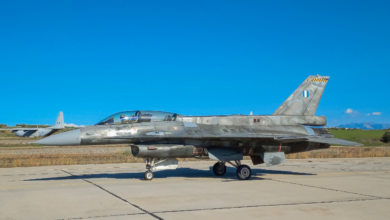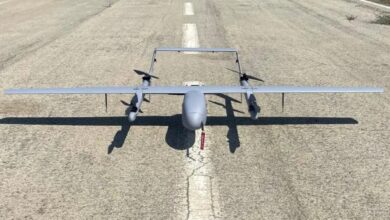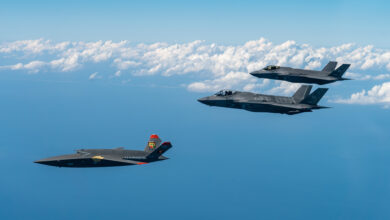US Army Funds Research Enabling Drones to Run on More Fuel Types
The sensor technology under development seeks to identify fuel properties, allowing military drones to adjust and use these fuels.
The US army has awarded the University of Illinois Chicago (UIC) an $8 million research grant to help develop specialized sensors that could enable drones to run on any type of fuel.
The grant is one of many recently distributed by the Army Research Laboratory (ARL). This summer, the US army funded 11 similar projects at universities around the country in a bid to develop hybrid-electric engines that are multi-fuel capable.
The army’s interest in this research is largely because its military drones are often deployed in conflict zones far from the immediate theater of battle in an environment where fuel supplies may be limited by logistics. Military drones run on jet fuels supplied by a limited number of firms in the US.
Professor Kenneth Brezinsky of the UIC College of Engineering explained that it can be challenging to get the needed fuel to such remote locations. “Other fuel types, like those that may be more locally available or those that may be found out in the field with unknown properties, may not be usable because drones can’t burn them efficiently, or at all,” he said.
Sensor Technology
The sensor technology under development at the university seeks to identify fuel properties, allowing drones to adjust and use these fuels. Brezinsky explained that these differences in fuels are comparable to the octane in automobile fuel.
Similarly, the jet fuel used by the diesel engines in drones is measured by “centane numbers,” a measure of the fuel’s ignition characteristics. However, one cannot simply swap one kind of fuel for another in a drone engine.
The sensors will provide information adjusting the combustion system, allowing that particular fuel to be used safely and efficiently. “The more fuels drones are able to use, the longer and farther they will be able to fly,” said co-principal investigator Patrick Lynch, UIC assistant professor of mechanical and industrial engineering.
Along with greater flexibility in fuel-use, fewer operational problems are expected.
Dr. Mike Kweon, program manager for the ARL’s Versatile Tactical Power and Propulsion Essential Research Program, remarked that the army’s unmanned aircraft systems fleet “often experiences performance and reliability issues due to fuel property variations and their effects on the ignition.”
With the new ARL-funded fuel sensor technology, the US army aims to reduce or, hopefully, eliminate these problems.



